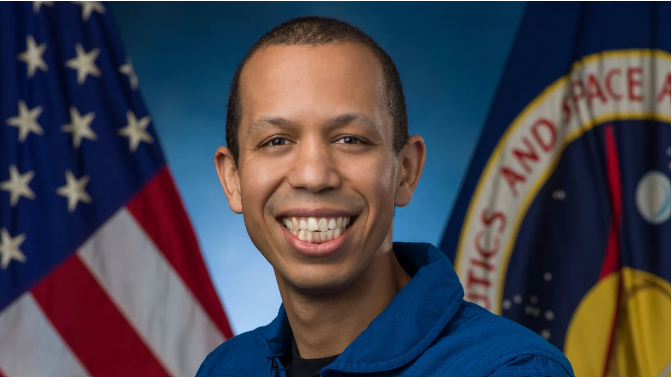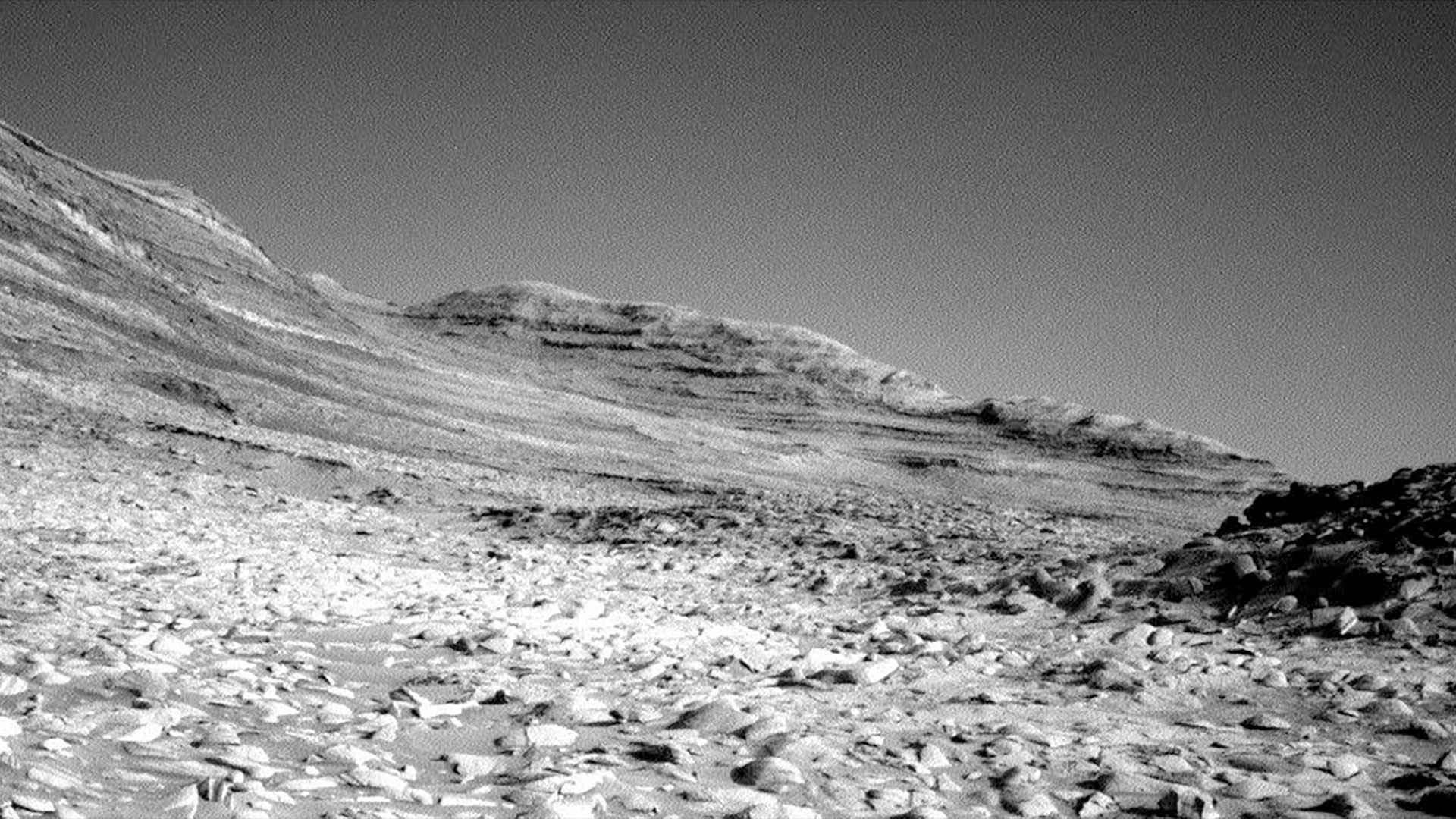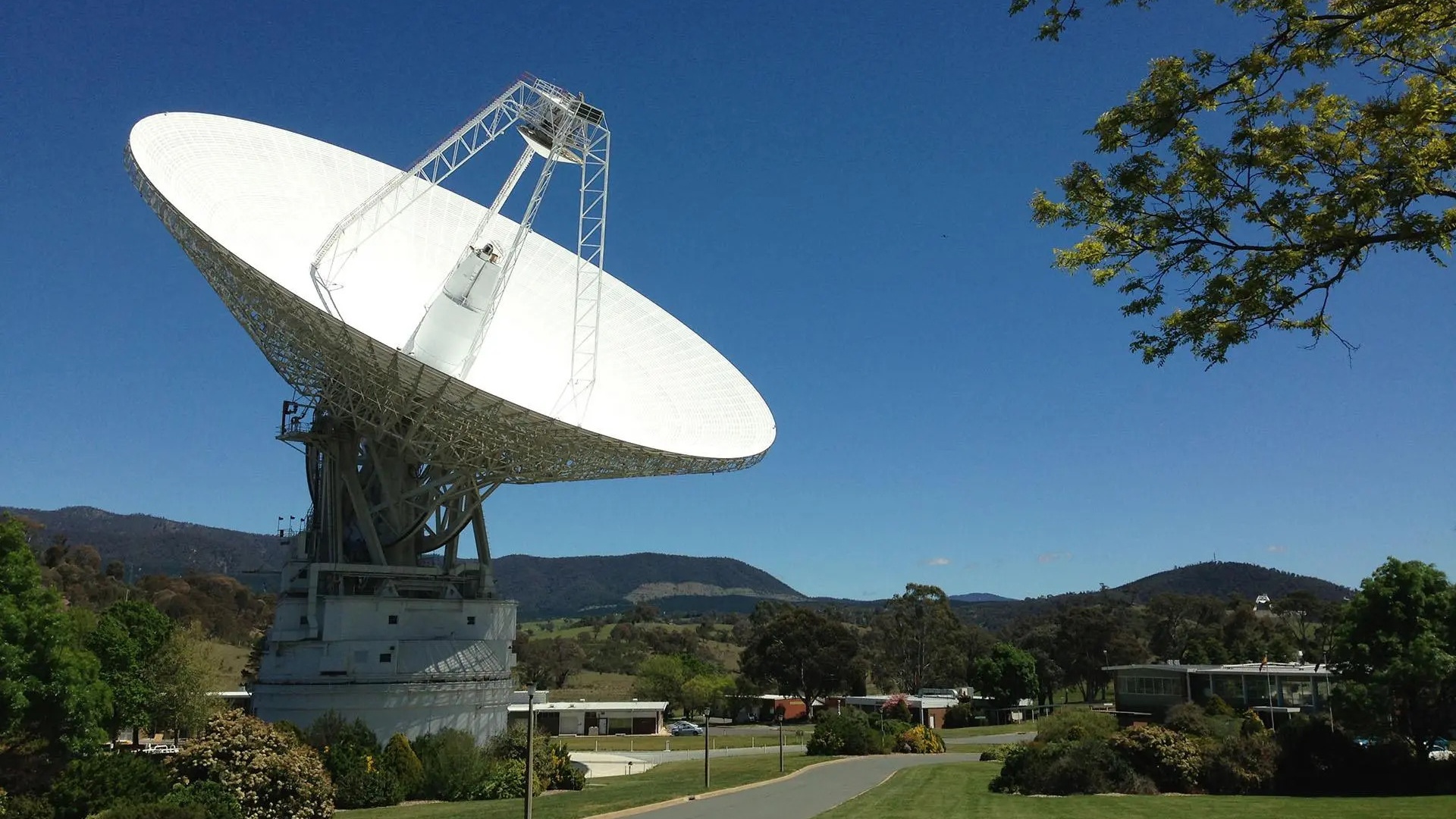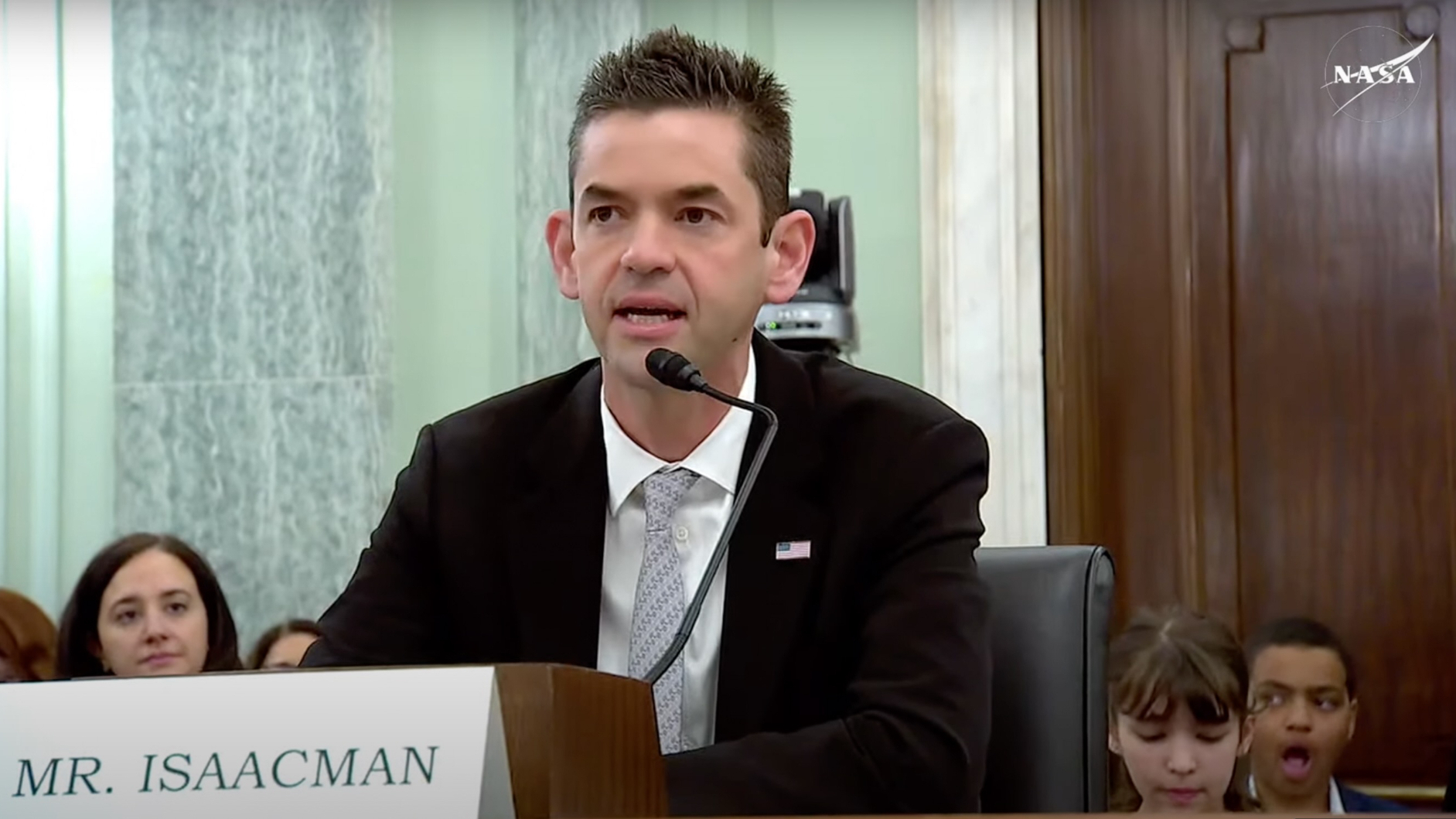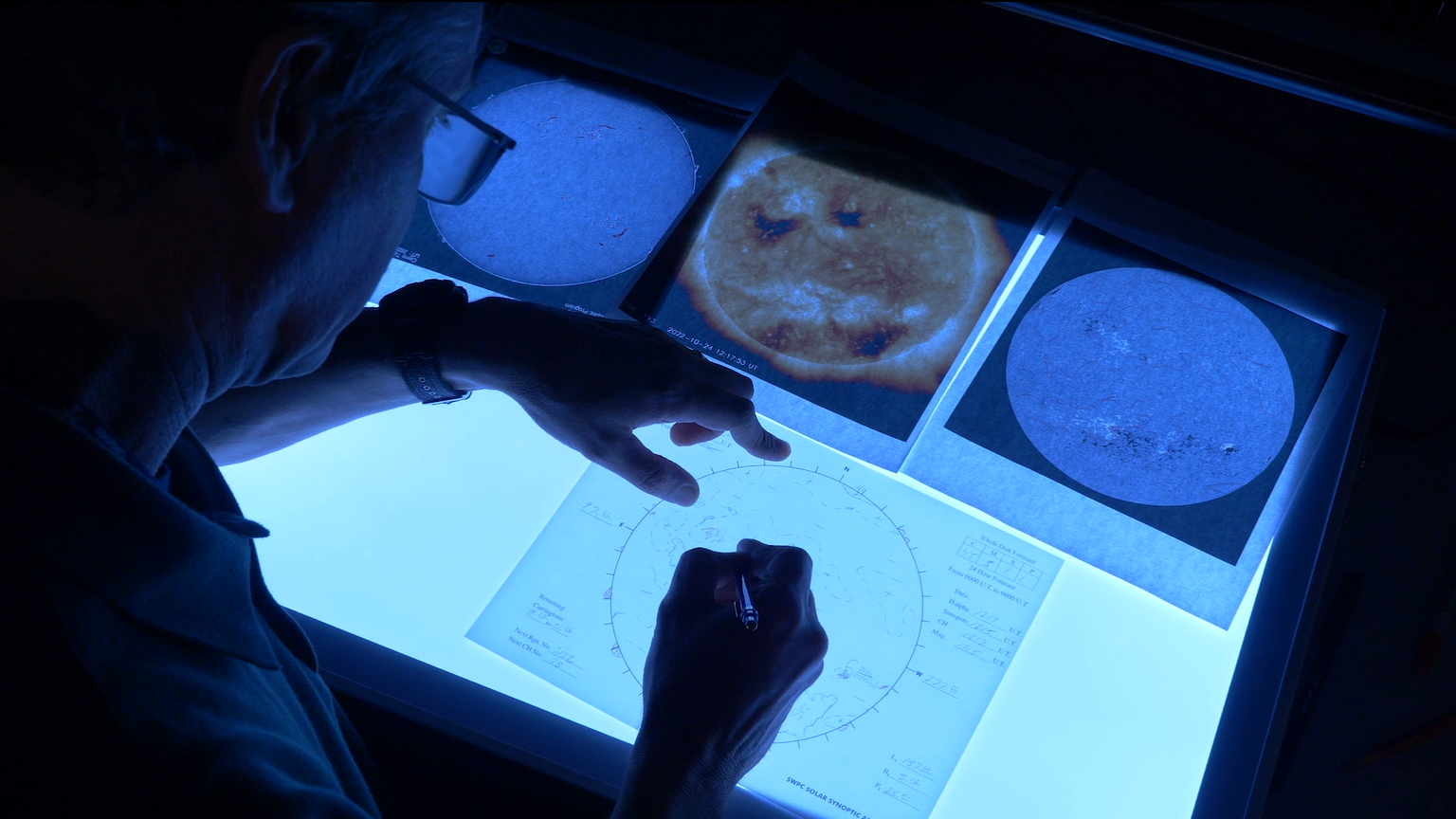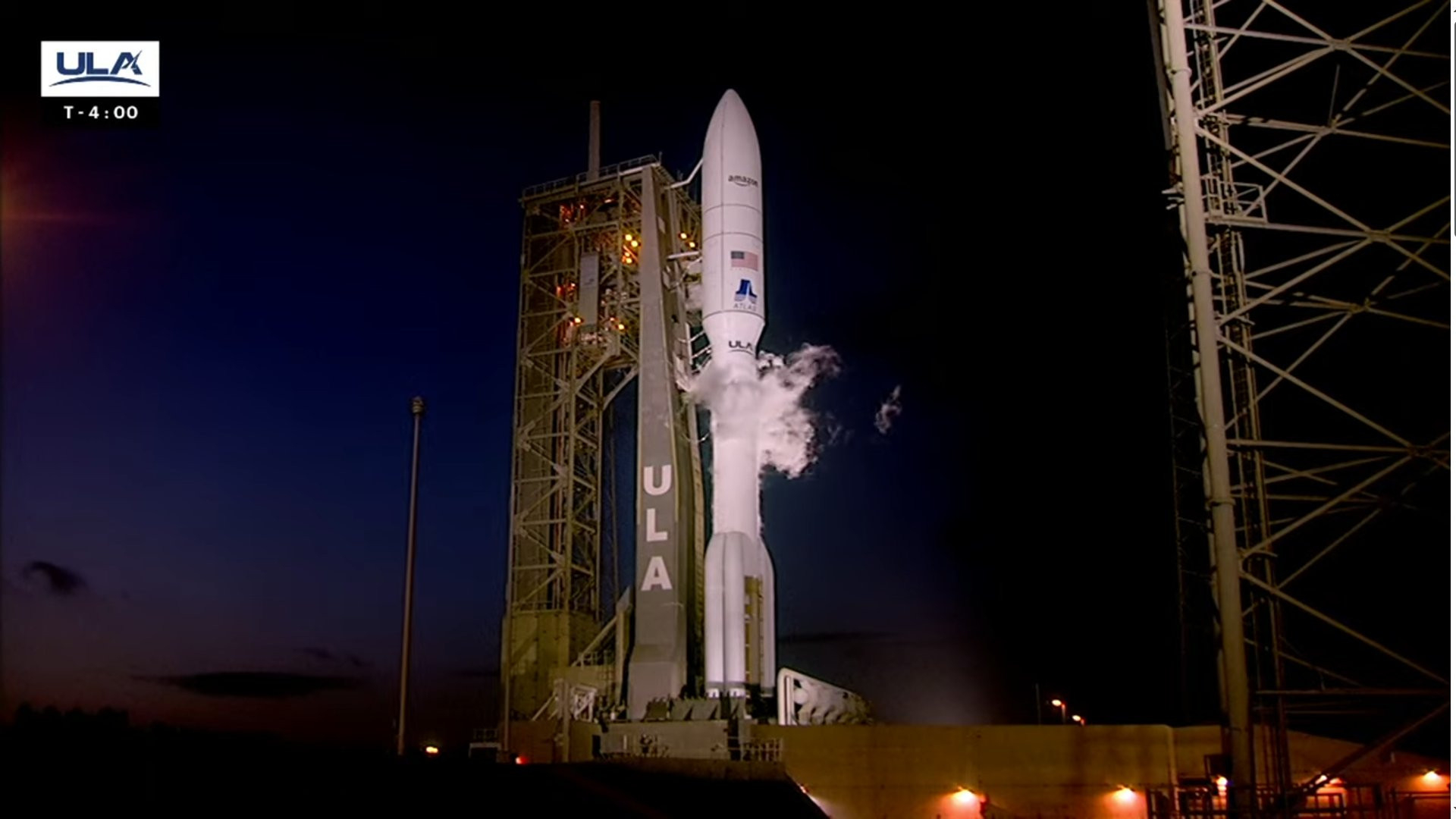ULA delays 1st Vulcan rocket launch to late 2023 after explosion during test
The rocket was originally supposed to fly in early May.
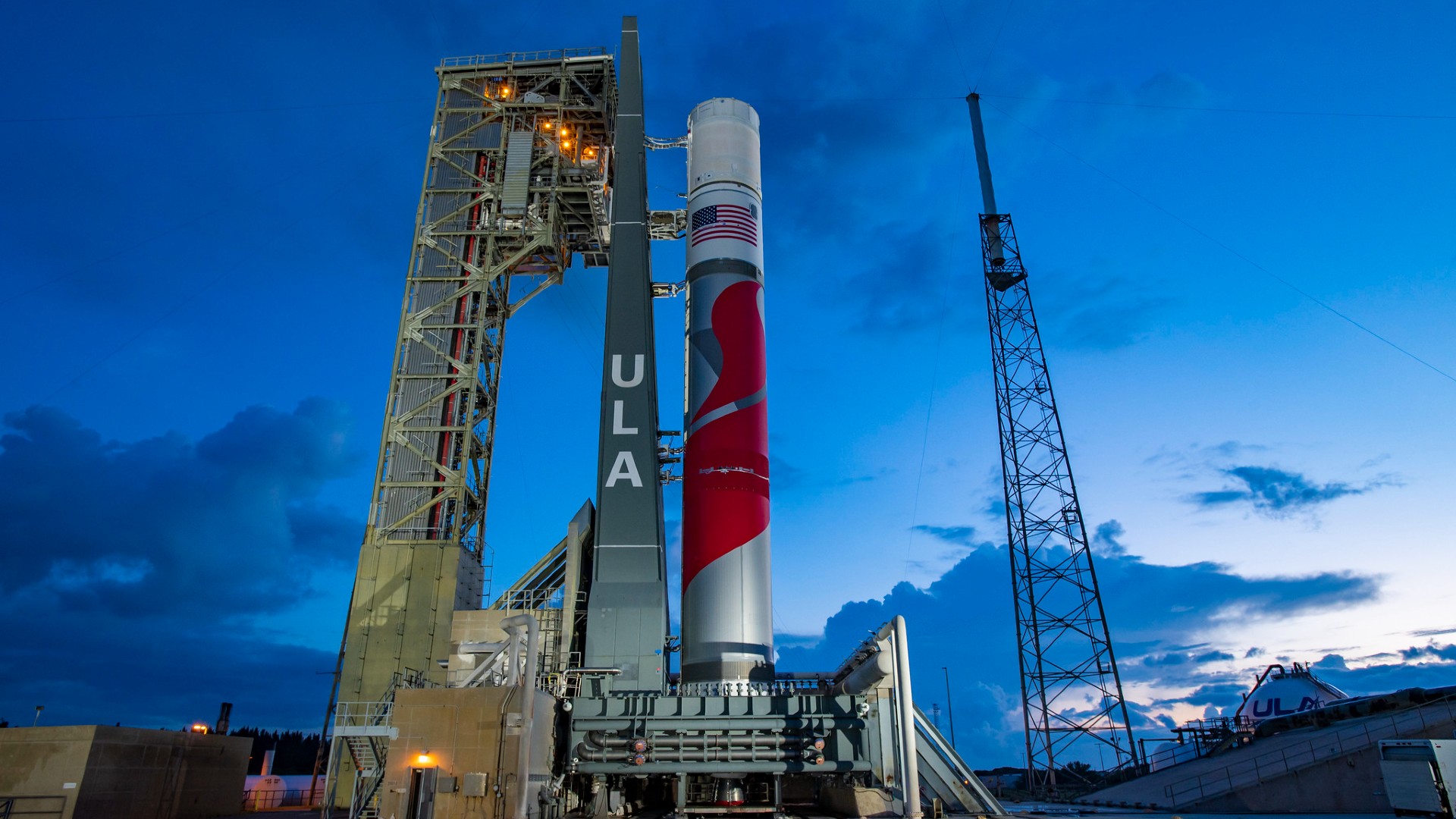
We'll have to wait a bit longer for the first flight of United Launch Alliance's (ULA) new heavy-lift rocket.
The Vulcan Centaur is now scheduled to debut in late 2023, provided the rest of its development goes according to plan, ULA CEO and President Tory Bruno told reporters on Thursday (July 13).
The rocket was supposed to launch for the first time in May, but the company is now recertifying the structure of its Centaur upper stage before authorizing it to fly.
Aside from that work, however, "development is essentially done," Bruno told reporters on Thursday's call. He also said that a recent explosion of a Blue Origin BE-4 engine during testing won't affect Vulcan Centaur's first mission. (The BE-4 powers Vulcan Centaur's first stage.)
Related: Blue Origin's BE-4 rocket engine exploded during June 30 test: report
Vulcan Centaur is a new methane-fueled rocket from ULA, a joint venture of Boeing and Lockheed Martin. Once ready, Vulcan will replace ULA's Atlas V and Delta IV rockets, which have sent many NASA missions and U.S. Department of Defense payloads to space over the years. Both entities require rigorous certification before Vulcan Centaur can fly their spacecraft, however.
Vulcan Centaur was supposed to launch its first mission in May, sending the private Peregrine lunar toward the moon. However, the launch was delayed after a Centaur upper stage exploded during testing at NASA's Marshall Space Flight Center on March 29.
Get the Space.com Newsletter
Breaking space news, the latest updates on rocket launches, skywatching events and more!
Last month, ULA decided to destack the first Vulcan Centaur, which had already aced a prelaunch engine firing on the pad, and send the upper stage back to its Alabama factory for modification.
The March 29 failure, Bruno said in Thursday's press conference, happened during the 15th test of a tank, as a result of a hydrogen leak. The leak, near the top of the hydrogen dome, continued for 4.5 minutes and caused a crack in the tank.
Analyses showed that the issue came down to laser welding on the Centaur, he said, adding that the arc welding used on the previous generation of Centaur was stronger. Future tanks will include an extra stainless-steel ring to strengthen that area, Bruno said.
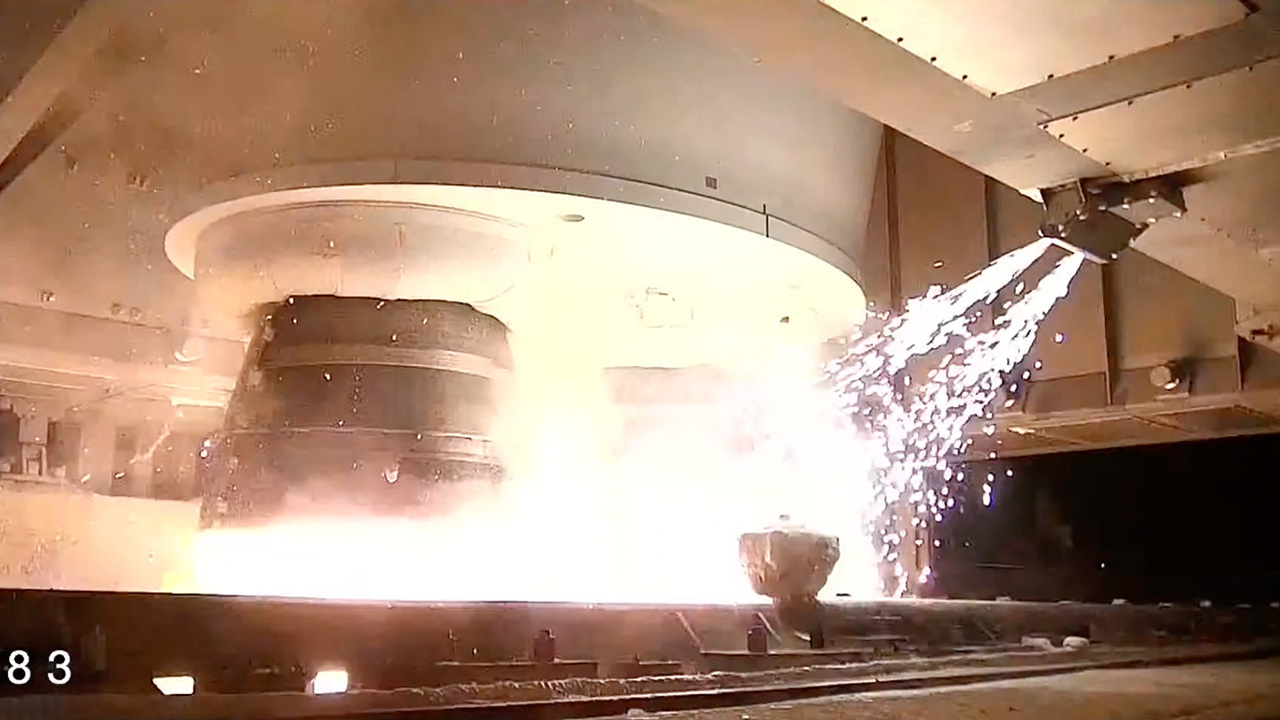
Blue Origin's in-development New Glenn rocket, which the BE-4 will also power, has endured delays as well; the heavy lifter was originally supposed to debut in 2020.
Thursday's press call with Bruno came just days after it was reported that a BE-4 exploded during testing on June 30. That incident destroyed the engine and damaged nearby infrastructure, according to CNBC. "Remedial actions" are underway to address the cause, Blue Origin officials said at the time.
The engine was being readied to fly on the second launch of Vulcan Centaur, the report added. Bruno confirmed that information and said the BE-4 issues will have no effect on the first launch, as the initial Vulcan Centaur features flight-approved engines.
Bruno added the second Vulcan Centaur launch, for the U.S. Space Force, is now expected in the second half of 2024 as long as the engines are ready and the first flight goes to plan.
The June 30 incident was during an "acceptance test" (ATP) that probes for problems with individual units ahead of a flight. (New engine types commonly undergo several testing steps ahead of going to space, such as a "hot fire" on the launch pad.)
"This is not unexpected, it won't be the last and there will be other components on the rockets that also fail acceptance testing," Bruno said, echoing other comments he made on Twitter in recent days.
He joked, "I'm flattered by the attention we have, now that a routine acceptance test was colorfully discussed on social media, but it really isn't news."
Join our Space Forums to keep talking space on the latest missions, night sky and more! And if you have a news tip, correction or comment, let us know at: community@space.com.

Elizabeth Howell (she/her), Ph.D., was a staff writer in the spaceflight channel between 2022 and 2024 specializing in Canadian space news. She was contributing writer for Space.com for 10 years from 2012 to 2024. Elizabeth's reporting includes multiple exclusives with the White House, leading world coverage about a lost-and-found space tomato on the International Space Station, witnessing five human spaceflight launches on two continents, flying parabolic, working inside a spacesuit, and participating in a simulated Mars mission. Her latest book, "Why Am I Taller?" (ECW Press, 2022) is co-written with astronaut Dave Williams.

